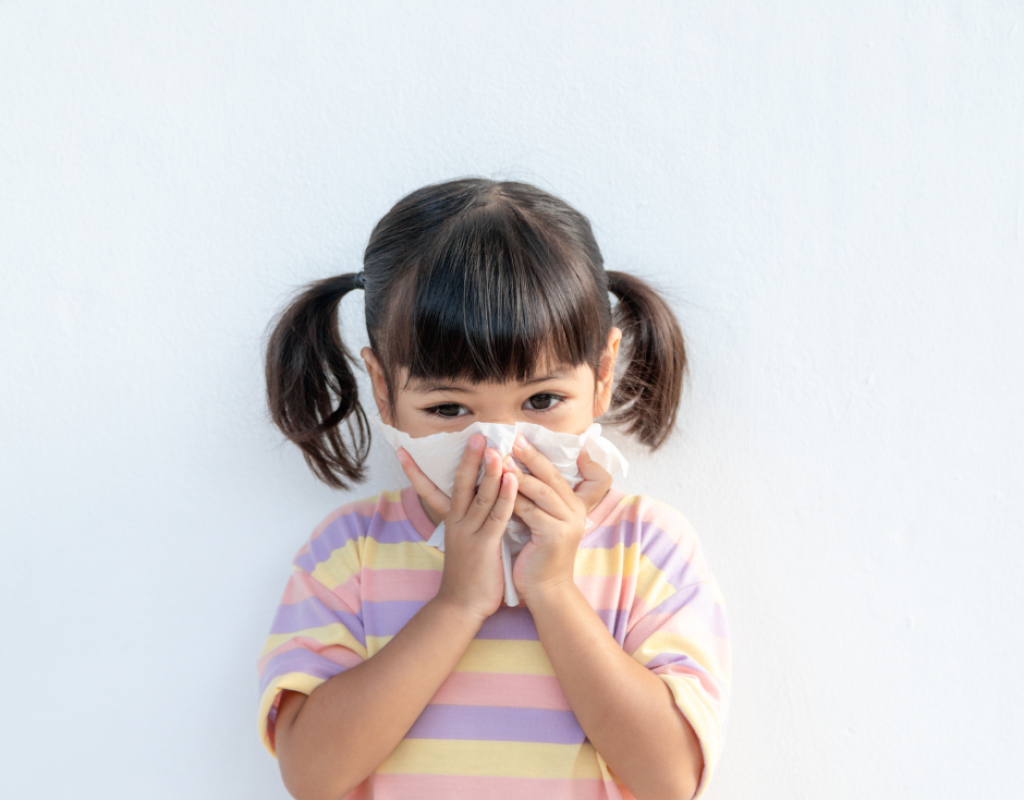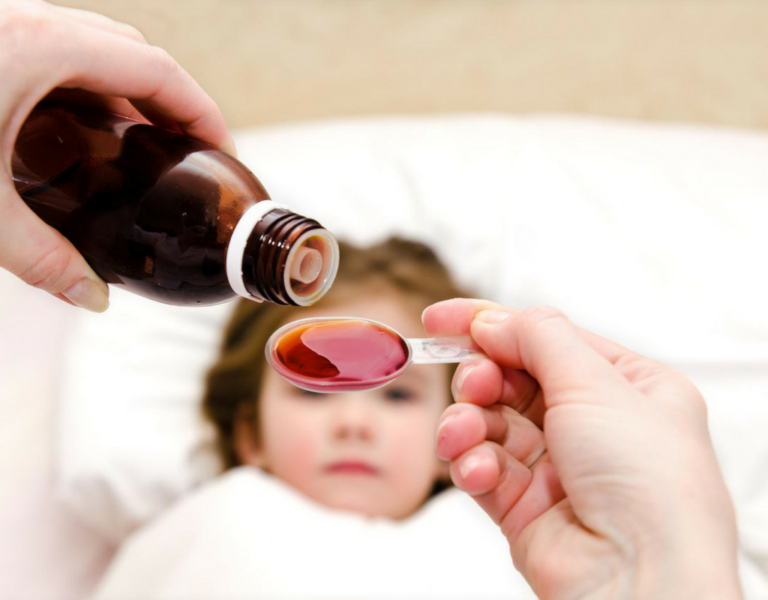Definition
Runny or stuffy nose, sometimes with fever, sore throat, cough, hoarse voice or swollen glands in the neck
Other Causes Of Nasal Congestion:
Many children and adults have a profusely runny nose in the winter when they are breathing cold air. This usually clears within 15 minutes of coming indoors. This requires no special treatments and is not the result of infection. Children and adults who suffer from allergies will also have nasal congestion. They require appropriate allergy treatment. Newborns may sound stuffy on and off, but there is no nasal discharge. They are having dried mucous developing in the nasal passage which can be cleared with salt water drops and bulb syringing. Chronic nasal congestion lasting greater that 2-3 weeks may be a sign of a sinus infection or a foreign body placed in the nose (causes one-sided foul smelling thick runny nose).
Cause
Colds are caused by viruses, and therefore cannot be treated with antibiotics. Transmission of colds is by hand-to-hand contact, sneezing, and coughing. They are not transmitted by cold air or drafts. People are contagious for a day or two before the onset of symptoms and for an average of 7 to 10 days. As the colds progresses, contagiousness gradually decreases. Incubation time is less than a week. Most children get 6 to 10 colds a year, and the frequency increases if the child is in daycare or has siblings in school.
Expected Course
If a fever accompanies the cold it usually lasts less than 3 days, and the throat and nose symptoms typically last 7 to 10 days. The cough may persist up to 2 to 3 weeks.
Home Treatment
For runny nose with lots of discharge- For infants use a bulb syringe to clear the secretions. It is especially helpful before a baby nurses or takes a bottle. Use a humidifier at night. Elevate the head of the crib or bed.- place a pillow underneath the mattress.
For stuffy nose with little discharge-Warm nose drops with a solution of salt water (use 1 teaspoon of salt in a cup of warm water) or purchased saline drops can be placed in each nostril. This helps to break up the mucous and then you can suction the secretions with a bulb syringe. An older child can be told to blow the nose after the drops have been in for a minute. Use a humidifier at night.
Over the counter medications are not recommended in children under 2 years of age. In older children they may or may not be helpful. They do not shorten the course of the cold . These medications may also have some undesirable side effects such as jitteriness or excessive sleepiness. Acetaminophen or ibuprofen may be used for fever recuction.
Call The Doctor Immediately If:
- Breathing is difficult and does not improve with nasal suctioning, especially in infants under 4 months.
- The child is becoming dehydrated because of inability to feed or vomiting.
Call During Office Hours If:
- Nasal discharge lasts greater than 14 days, especially if the child appears to be getting worse.
- Skin under the nose becomes scabbed/crusted.
- Yellow eye discharge
- Earache or severe sore throat
- Fever for more than 3 days
- Having difficulty eating because of stuffiness in infant under 4 months
- Suspicion of foreign body in the nose
.





